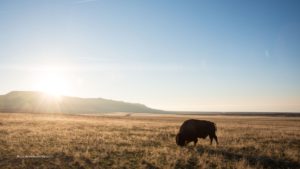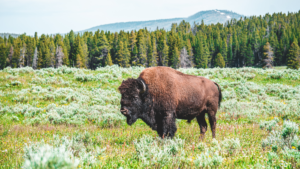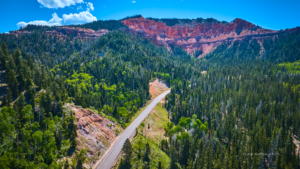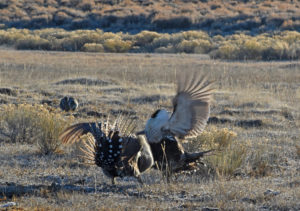Online Messenger #277
(view with pictures, as displayed in email)
Summer hiking season is upon us and many of you will be getting out onto our national public lands to enjoy Nature. And while Western Watersheds Project wouldn’t recommend camping in cow-burnt moonscapes, we are asking you to document livestock abuses when you see them on National Forests, Bureau of Land Management lands, or in our National Parks.
Here’s a few things what you can do to turn your “boots on the ground” into action on behalf of wildlife and watersheds:
- Take photos. Put your camera to work by documenting any damage you see. Downed fencelines, trampled streambanks, crushed wildlife burrows, or predator poisons are all impacts of public lands livestock operations. Don’t forget to take pictures of the beauty too.
- Know your location. Use a GPS or a topo map to record where you went so you can say for sure which allotment you have visited. If you are tech savvy, consider using allotment layers in GoogleEarth to pin your photos to the map. (These data are available for free online.)
- Take notes. Date, time, season, weather, number of cows, condition of range developments, wildlife species, vegetation impacts, and how it affected your experience on the public lands are all key things to write down for your records.
- If you see something, say something. Find out who is in charge of the public lands you are on and contact them directly to let them know what you saw. Send an email with the photos and send a copy to wwp@westernwatersheds.org and we’ll be sure it gets to our closest regional office.
- Advocate. Write letters to the editor advocating for grazing reform. When there is a news article regarding public lands, imperiled species, or economic reform, reply with the facts about the public lands grazing program and the narrow benefit it affords a select few compared with the harms it causes. Spread the word among your friends and colleagues that beef is simply not a sustainable food. Speak out about the impacts to wolves, bighorn, grizzlies, tortoise, and other native plants and animals.
Of course, you can also support Western Watersheds Project’s efforts by donating today. Your generous contribution will be put to good use.
Thank you for all you will do for the watersheds of the west this summer!






